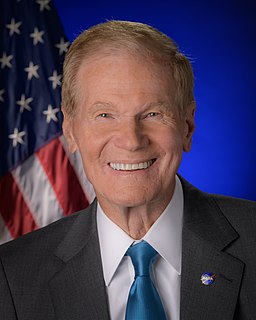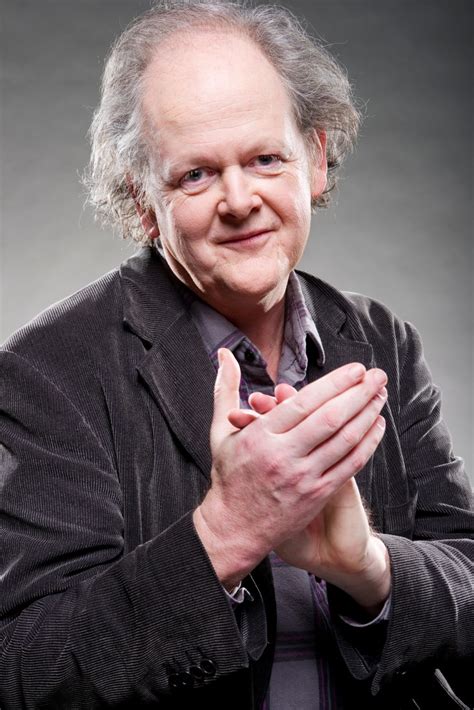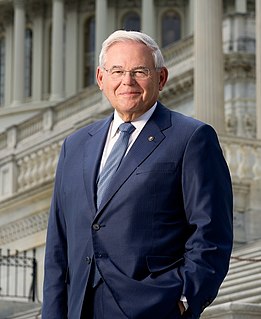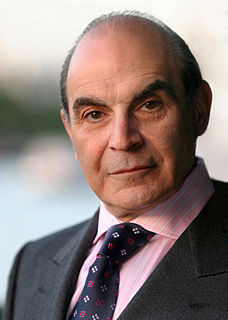A Quote by Bill Nelson
Deciding whether to confirm a president's nominee for the highest court in the land is a responsibility I take very seriously.
Related Quotes
When it comes to the Supreme Court, the American people have only two times when they have any input into how our Constitution is interpreted and who will have the privilege to do so.First, we elect a president who has the power to nominate justices to the Supreme Court.Second, the people, acting through their representatives in the Senate, have their say on whether the president's nominee should in fact be confirmed.
Now, President Obama has to make a decision. He can either propose a nominee who can win over the majority in the Senate or defer his choice to the voters, who in November will elect a new President and a new Senate, which will be responsible for confirming a nominee who will provide balance to the Supreme Court.
When President Donald Trump nominated Judge Neil Gorsuch to serve on the Supreme Court, I said that he deserved a fair hearing and a vote. I said this even though Senate Republicans filibustered dozens of President Obama's judicial nominees and then stopped President Obama's Supreme Court nominee, Judge Merrick Garland.
If elected president I will have a litmus test in terms of my nominee to be a Supreme Court justice. And the nominee will say, we are going to overturn this disastrous decision on Citizens United because that decision is undermining American democracy. I do not believe that billionaires should be allowed to buy politicians.
Deciding whether or not to trust a person is like deciding whether or not to climb a tree, because you might get a wonderful view from the highest branch, or you might simply get covered in sap, and for this reason many people choose to spend their time alone and indoors, where it is harder to get a splinter.





























